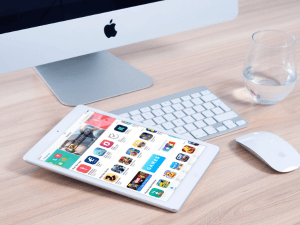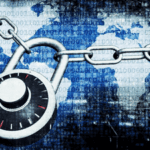Social media platforms have become deeply embedded in our daily lives, providing connections, entertainment, and information at our fingertips.
Yet in exchange for these conveniences, we often compromise certain privacies. While we consciously post personal photos or updates, our data can also be harvested without full consent through tracking methods that compile detailed profiles.
The Role of Tracking Cookies and Third-party Data Sharing
Beyond what users actively share on profiles, social media entities utilize sneaky “tracking cookies” to follow your web movements.
Like digital breadcrumbs, these tiny trackers log the sites you visit, purchases made, even keywords entered on search engines outside of the social platform.
This data gets packaged and peddled to advertisers, often without explicit user permission, raising ethical questions around data sharing practices.
The Dark Side of Data Mining: Advertising and Cyber Threats
While advertising giants rely on mass data aggregation and analysis to profile groups for targeted marketing, even more ominous threats emerge when bad actors penetrate these lucrative data troves.
Breaches by hackers can lead to identity theft, network infiltration to steal assets, or malware attacks that essentially hold devices hostage for ransom.
Key Privacy Concerns for Social Media Users
Location tracking and misinformation stand out among top privacy pitfalls.
Through location services, user whereabouts get tracked both online and physically in the real world.
And with bots and fake accounts spreading lies at lightning speed, truth itself becomes endangered on platforms struggling to control such threats.
Strategies for Enhancing Personal Privacy Online
Users can better secure data by disabling location settings in apps and using VPN networks to mask identifying information.
Staying alert against phishing scams aiming to steal credentials is equally important. Apply healthy skepticism before clicking links or enabling app permissions.
Combatting Misinformation and Taking Proactive Privacy Measures
Proactive privacy protection starts with reviewing platform policies and adjusting account settings accordingly.
But individual users also play a crucial role by slowing misinformation spread through vigilant fact-checking before reacting or sharing.
Overall media literacy helps decipher truth amid the noise.
While social platforms offer great value, we must weigh conveniences against privacy tradeoffs.
But through conscientious behavior and protective controls, users can enjoy online connections while minimizing personal data risks.





